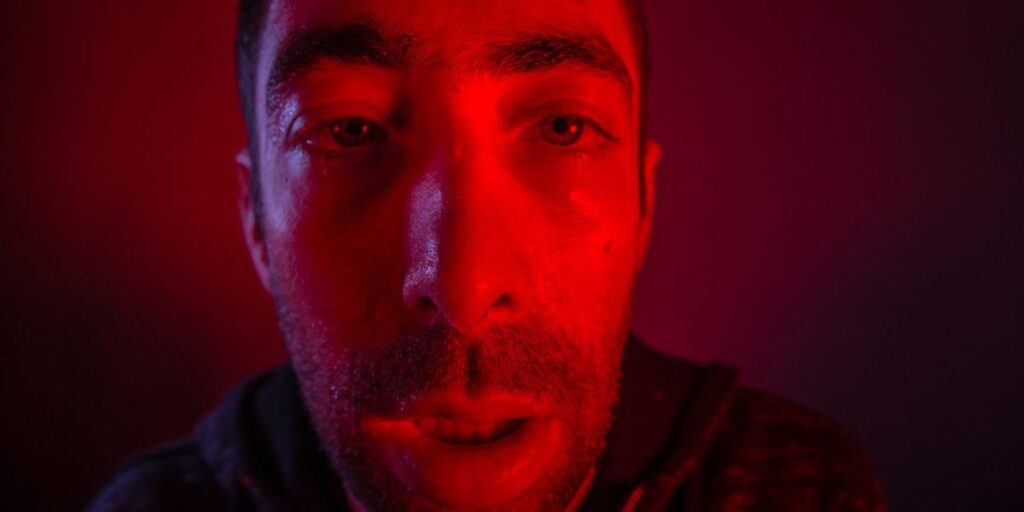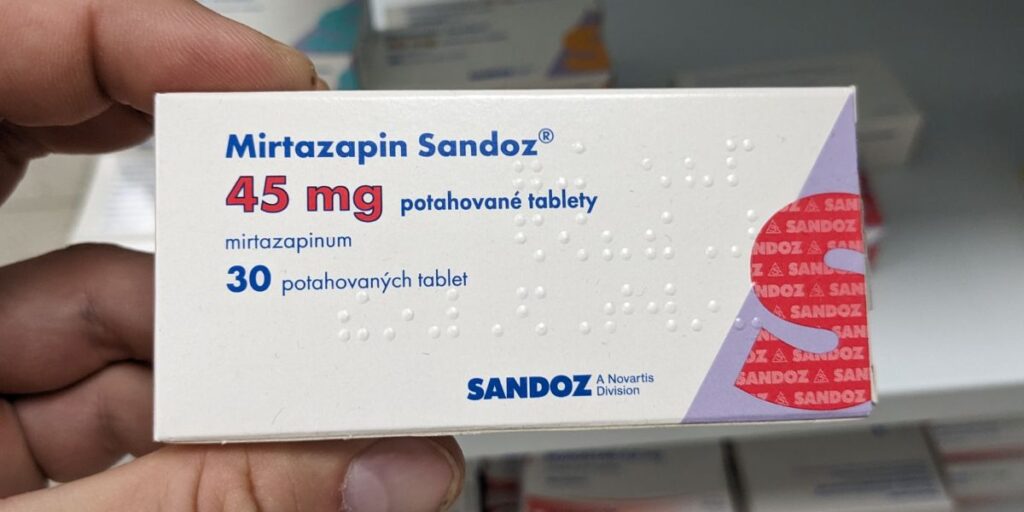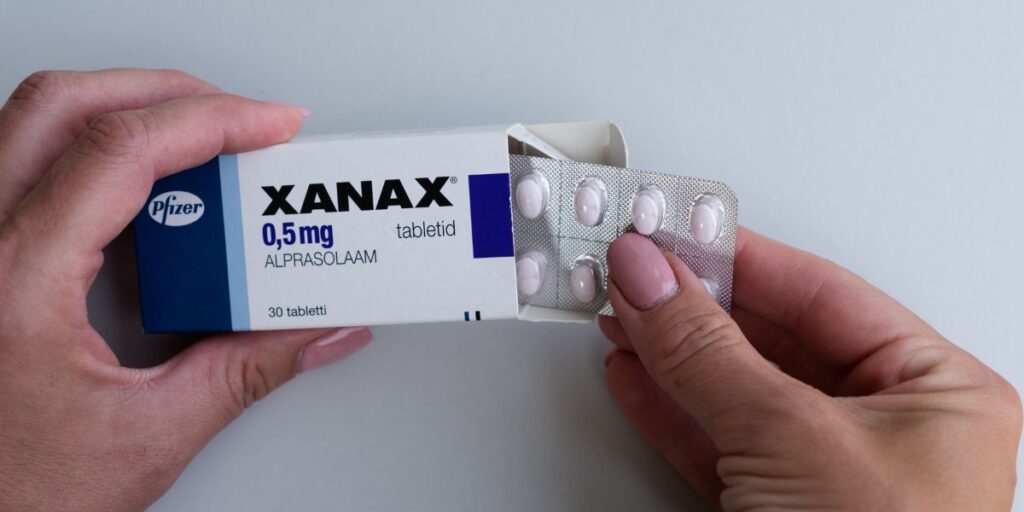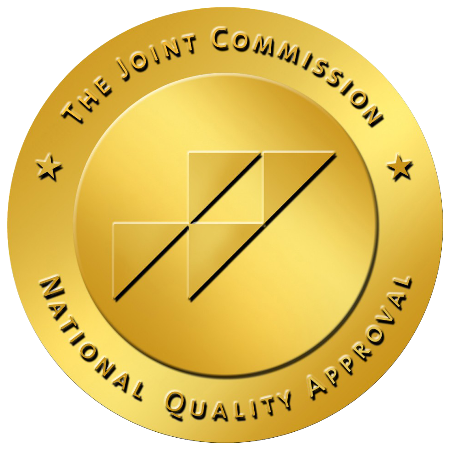Librium, known generically as chlordiazepoxide, is a long-acting benzodiazepine primarily prescribed to treat anxiety disorders. As a Schedule IV controlled substance, it has a recognized medical use but also carries the potential for abuse and addiction. Despite its medical benefits, Librium can be habit-forming, leading to physical dependence and, in some cases, addiction.
What Is Librium?
Librium, a benzodiazepine prescription medication, is the trade name for chlordiazepoxide. Benzodiazepines enhance neurotransmitters’ activity in the brain, producing calming effects on the central nervous system.
Librium (chlordiazepoxide) is commonly prescribed to treat anxiety disorders, acute alcohol withdrawal symptoms, and sometimes to relieve muscle spasms. As a long-acting benzodiazepine, it remains in the body for an extended period, which can be beneficial for continuous anxiety relief but also increases the risk of dependency and withdrawal symptoms.
People Abuse Librium
The Drug Enforcement Administration (DEA) classifies chlordiazepoxide as a Schedule IV controlled substance under the Controlled Substances Act, indicating it has a lower potential for abuse compared to Schedule II or III drugs but still carries risks. Librium should only be used with a doctor’s help to avoid misuse and to manage possible side effects.
Librium’s calming effects stem from its ability to enhance the activity of gamma-aminobutyric acid (GABA), a neurotransmitter that inhibits brain activity. By increasing GABA’s effectiveness, Librium can help reduce feelings of anxiety, fear, and agitation. However, this same mechanism also makes it potentially habit-forming. Using the drug for a long time can make the brain depend on it to control anxiety, which can lead to addiction and reliance

Short-term Effects of Librium
Librium is effective in reducing anxiety and producing a calming sensation. However, it can also cause side effects such as drowsiness, dizziness, and impaired coordination. These side effects can affect a person’s ability to perform daily tasks safely, such as driving or operating machinery. In some cases, Librium can cause paradoxical reactions, where instead of calming, it can induce agitation, aggression, or confusion.
Long-term Effects of Librium
Prolonged use of Librium can lead to more severe consequences. Chronic users may develop a tolerance, requiring higher doses to achieve the same effects. Long-term drug use can cause the body to rely on it, leading to withdrawal symptoms if the drug is suddenly stopped.
Moreover, mental health can be affected, with some people experiencing depression or exacerbation of pre-existing mental illnesses. There is also a risk of cognitive impairment with long-term use, including memory problems and reduced cognitive function.
Librium affects mental and physical health, so it’s important to use it only as directed by a doctor. Misuse can lead to addiction, where a person uses drugs compulsively even when it causes harm. The calming effects of Librium may initially seem beneficial. As tolerance grows, users may start needing the drug just to feel normal rather than to ease anxiety.
Librium Withdrawal
Withdrawal from Librium can be challenging because of the physical dependence that can develop with regular use. Withdrawal symptoms may include anxiety, insomnia, sweating, tremors, and, in severe cases, seizures.
The seriousness and duration of these symptoms can differ depending on several factors. These factors include the amount of the drug taken, how long it was used, and whether it was mixed with other substances.
Medical Detox
Medical detox is the recommended approach for safely managing withdrawal from Librium. Under medical supervision, people are gradually weaned off the drug, often with the assistance of medications to alleviate withdrawal symptoms.
This detox approach helps minimize discomfort and reduces the risk of severe complications, such as seizures. Medical professionals can also provide support for mental health issues that may arise during detox, ensuring a comprehensive approach to recovery.
Detox is a critical first step in the addiction treatment program, providing a stable foundation for further rehabilitation efforts. During medical detox, healthcare providers can help with other problems. These may include anxiety or depression. These issues might have contributed to the person’s substance use.
Medical detox also involves careful monitoring of the patient’s vital signs and overall health. In some cases, medical professionals implement a tapering schedule, gradually reducing the dosage of Librium to lessen withdrawal symptoms. This controlled approach helps prevent the more severe withdrawal effects that can occur when someone suddenly stops taking the drug.

Treatment for Librium Addiction at Northridge Addiction Treatment Center (NATC)
For those struggling with Librium addiction, seeking professional treatment is crucial to possibly saving your life from a benzodiazepine overdose. At NATC, residents receive individualized care, focusing on physical and mental health to promote long-term recovery.
Northridge Addiction Treatment Center provides specialized residential treatment programs for people struggling with Librium addiction. Therapy sessions use CBT to help patients recognize and change negative thoughts that lead to substance use.
The center also helps family members because addiction impacts not just the person struggling but also their loved ones. Dual diagnosis treatment and support groups such as 12-step facilitation are integral to the treatment process, helping families heal and rebuild trust.
After completing our treatment program, ongoing support is crucial to prevent relapse. NATC offers aftercare programs, including continued therapy, support groups, and an extensive alumni program, to help residents maintain their recovery. The aim is to give people the tools and strength to deal with life’s difficulties without turning to drugs or alcohol.
Contact us today and speak with one of our treatment specialists if you’re ready to take the first steps toward a life free from substance use. They are here to answer your questions and support you during your brave decision to find professional help.













